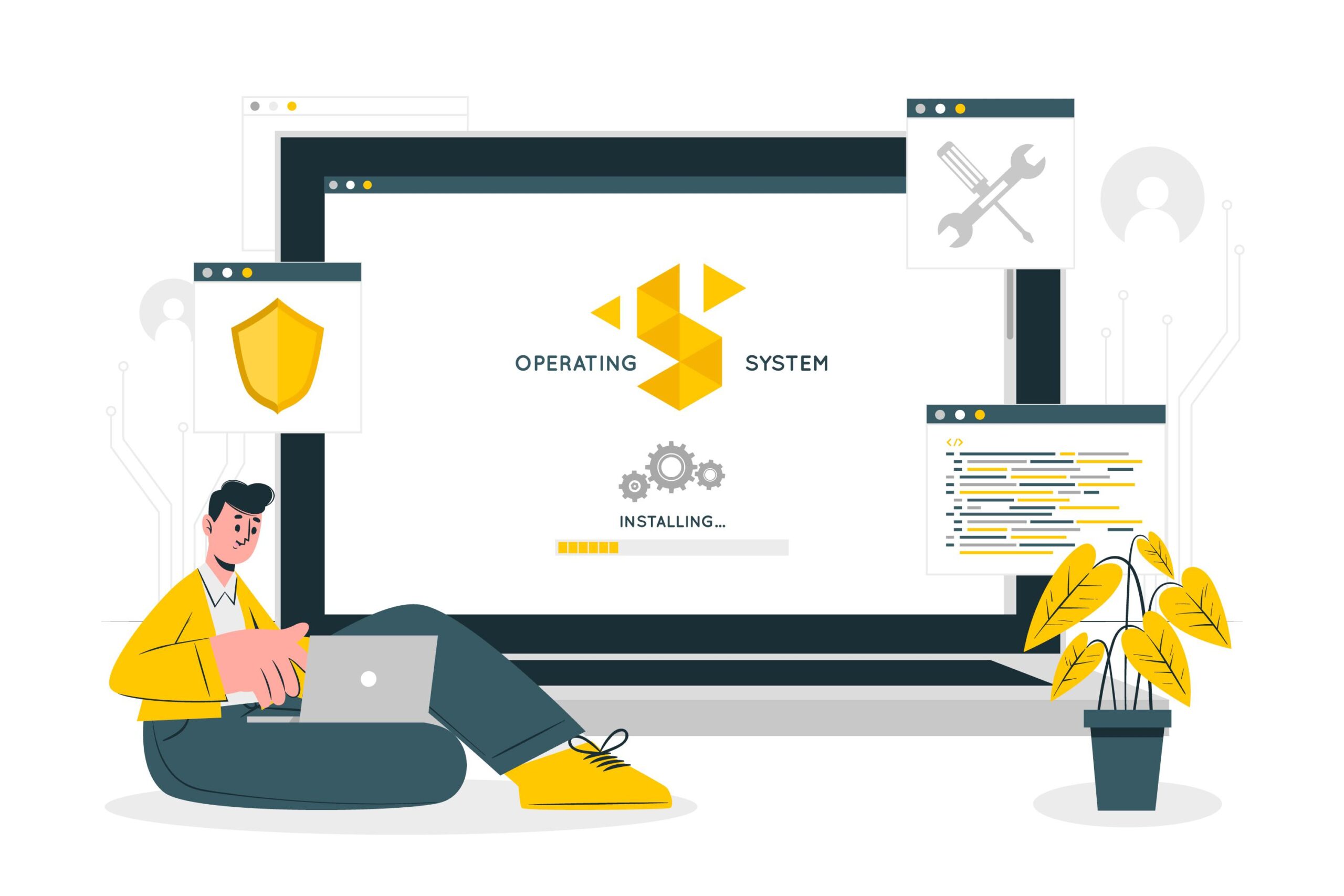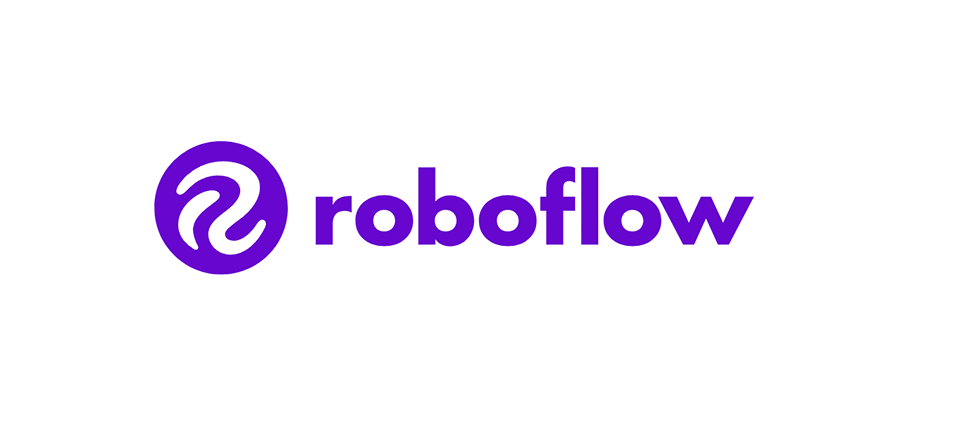No industry can survive without leveraging software. It is very essential for them to incorporate the utilization of the latest software, else they fall behind from their competitors.
A heavy list of software in a particular system architecture makes our accessing work difficult. It is an accountability of every business to manage them in accordance with their requirements.
Why you are making your head bulky as you have a resolution, termed as a semantic versioning. Yes, nowadays, it is wide in demand because it allows you to access all software without any flaws.
The best part with this software is that it covers meaning about the underlying changes in a product or software library. I know that the semantic versioning is not a direct demand for any business, but yes, it is indirect demand of many businesses. Listen out the reasons why the semantic versioning you should apply in your architecture.
Clarity and Communication
Semantic versioning is a kind of tool to make possible a clear and precise communication changes in software. You can understand from the fact if you try to do software updates, you should keep focus on updating on the software on time to time.
With the semantic versioning tool, you should wary about this tension as it can do automatically, helping them make informed decisions about when and how to update their software systems.
Predictability
Semantic versioning plays a key role in finding impacts of software updates in the whole architecture. It obeys a particular pattern (MAJOR.MINOR.PATCH) in which each one indicates that the significance of changes.
This frequent predictability aids businesses to anticipate the outcomes of an update. For instance, if a change in the MAJOR version might showcase potentially breaking changes. It derives the meaning for businesses to schedule for more comprehensive testing and potential adjustments.
Compatibility and Integration
You know very well that many companies are in the habit of utilizing various software to improve their productivity and comprehensive effectivity.
Is it good to do so? The answer is yes, but you need to be careful as there are many chances to happen conflicts. Here, semantics versioning can support on these terms and conditions.
This analytic tool helps in adjusting compatibility and adaption with the existing systems. Doing so, it can reduce the risks of software conflicts and disruptions.
Security and Bug Fixes
Software updations engage with several complexities. Yes, semantic versioning can be prove effective here because businesses now easily detect any security updates or bug fixes (typically showcased in the form of PATCH part of the version number).
Obtaining this aid offers businesses many facilitations by enabling them to prioritize and implement critical updates in a prompt manner.
Feature Planning
It is a full responsibility for any business to do their operations in a smooth manner. Here, semantic versioning can help in this subject.
Why you face problems if you have a semantic versioning as it allows to detect any case whenever software libraries or products offer new features in a release. It represent them in the form of MINOR part of the SemVer version.
Now, businesses can make the most of the information to schedule for the adoption of new characteristics that are beneficial for the enhancement of their workflows or capabilities.
Risk Management
System stability and reliability is overwhelming significant for essential industries, such as finance and healthcare. If not present in your business, yes, semantic versioning can help you to comprehend the implications of different version changes to assess the risk associated with updating their software.





